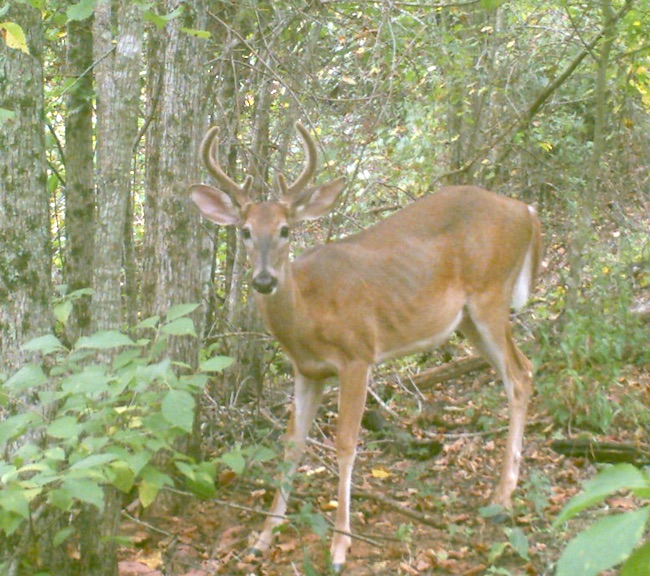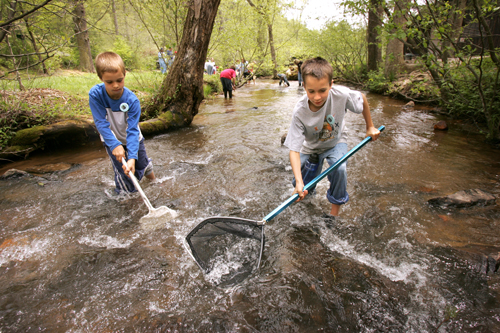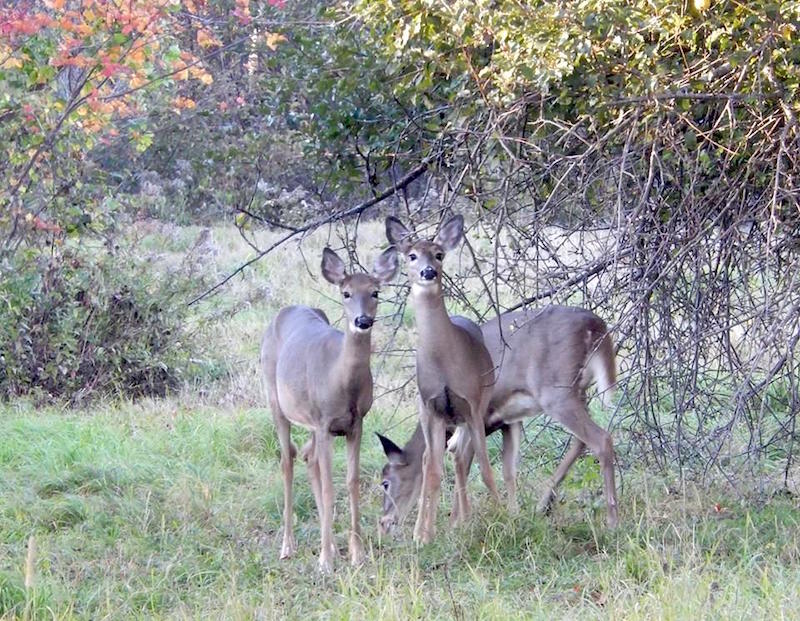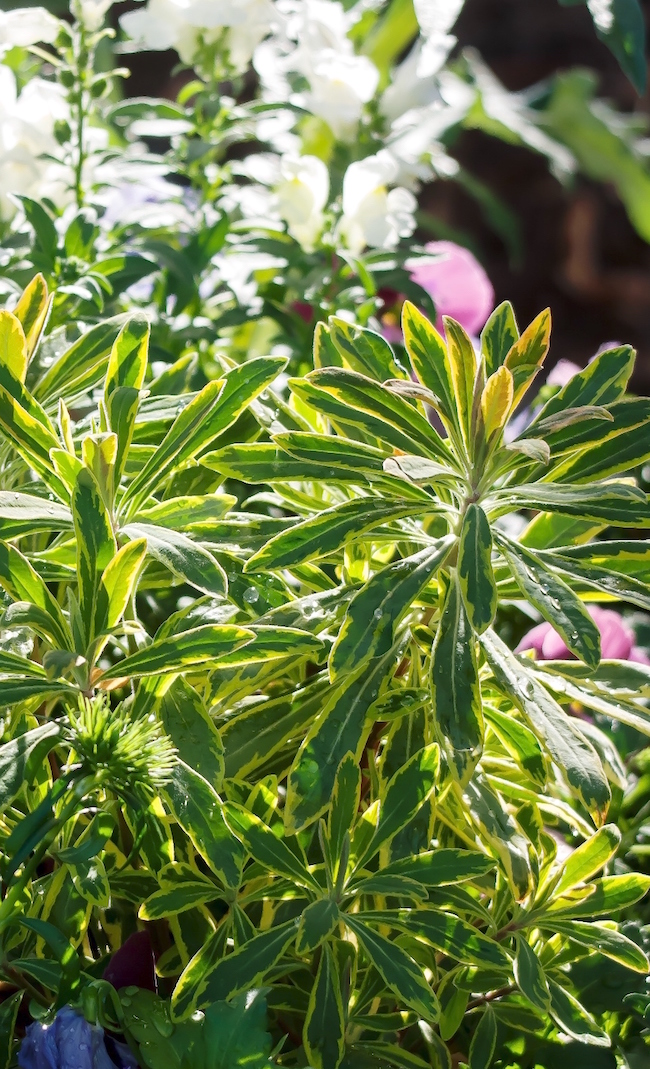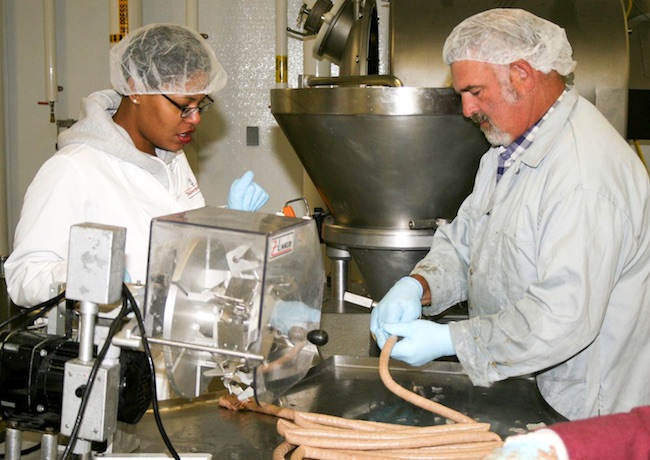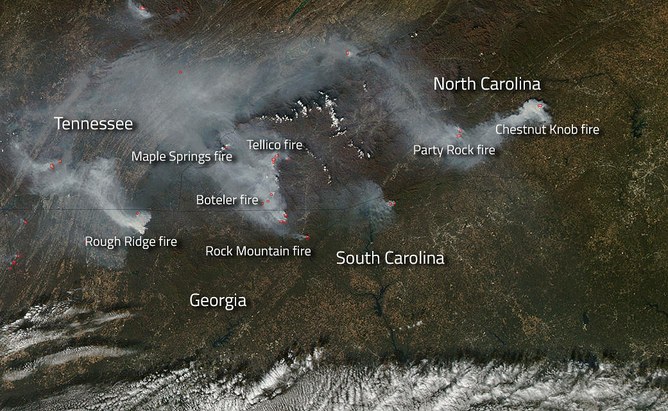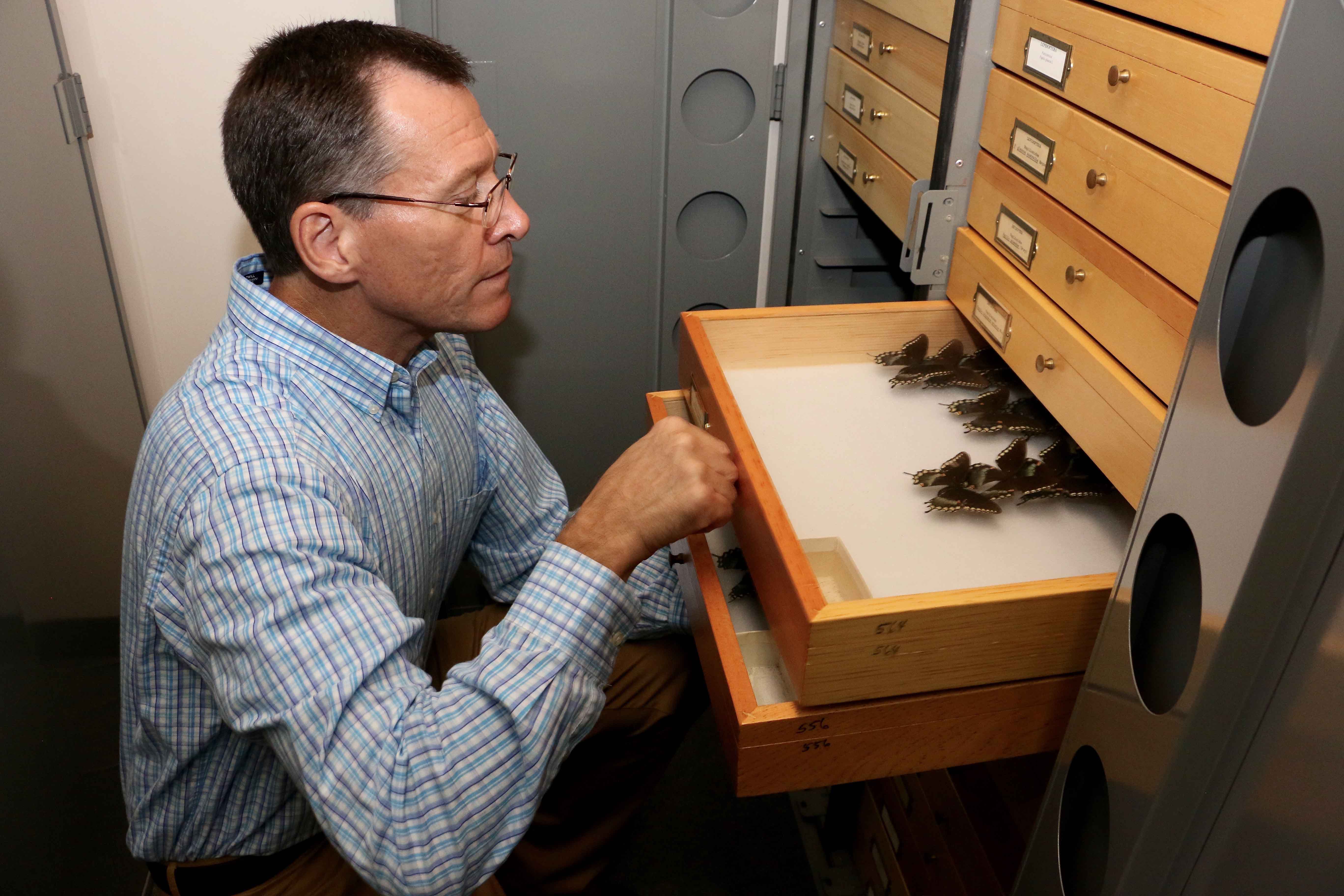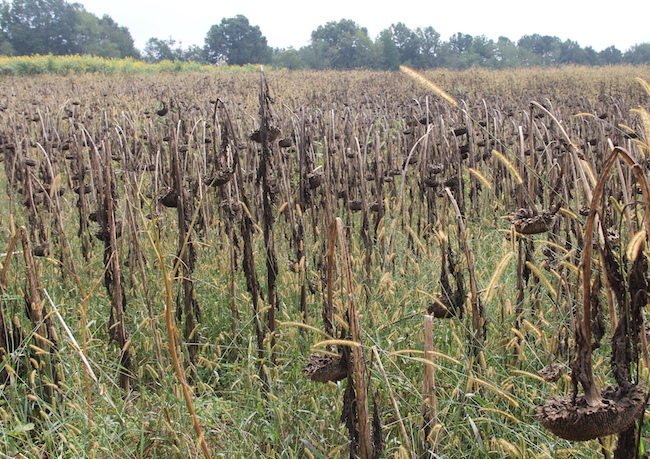 CAES News
CAES News
Dove Season Prep
Opening day of dove season is a little over two months away, so it’s time to start planning for and planting dove fields. A prudently planned dove field can provide family entertainment and economic benefits through most of the dove season, which starts Sept. 2.

